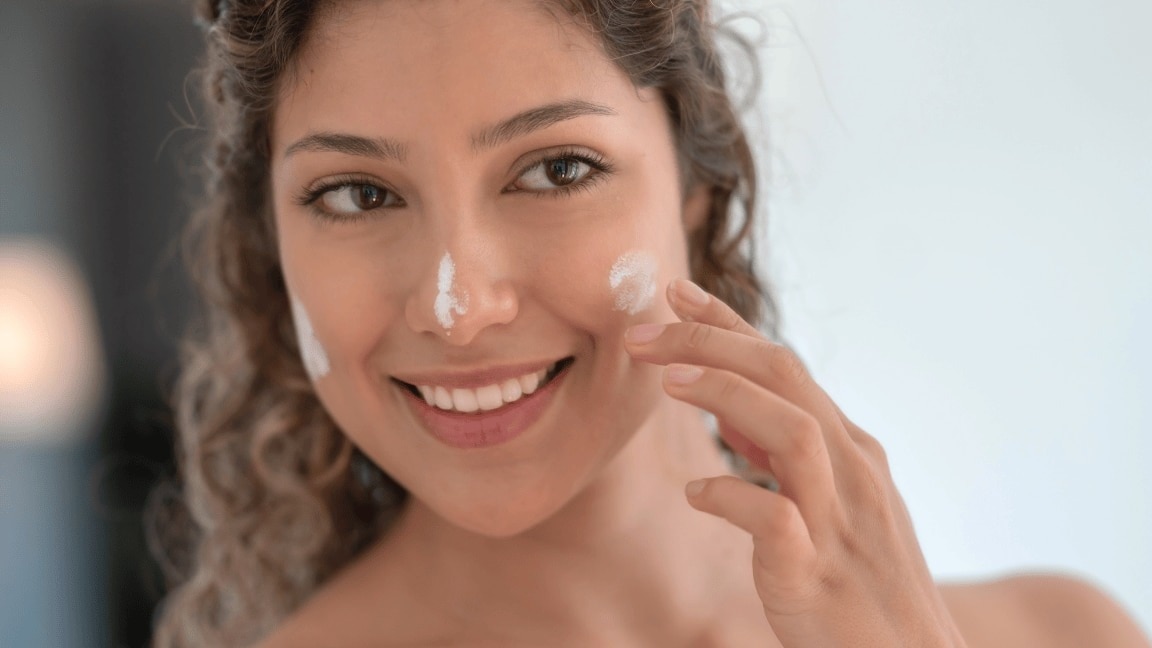If you have ever wondered, 'why does sunscreen sting my face?' You're in the right place. Sunscreens are an essential part of any skincare routine. Sun damage can lead to a number of skin issues like premature ageing and pigmentation. Thus, it's necessary to always wear SPF (even indoors) and re-apply it whenever after every two hours for maximum sun protection. While sunscreens don't usually cause any side effects of sunscreen on face, some of them can sometimes sting your face. It's worse around your eye area because the skin is very thin there. However, this should not discourage you from wearing it every single day. If you're experiencing a stinging sensation every time you apply sunscreen, here's why it's happening and how to deal with it.
Natural Argan Oil & Lavender Sulfate Free Anti-Frizz Shampoo - 400ml
₹658
₹658









